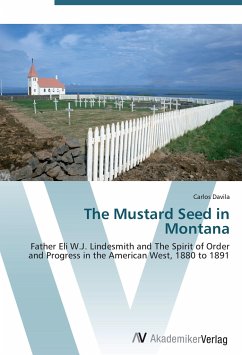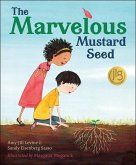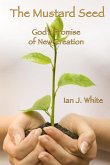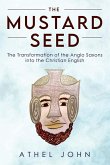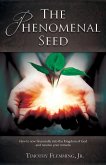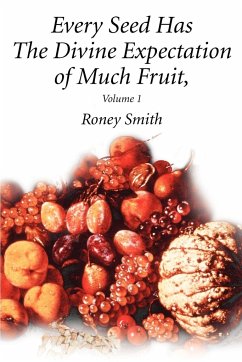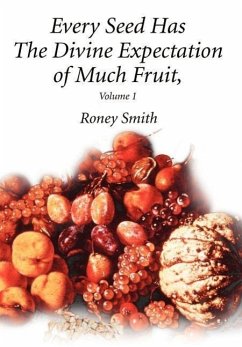Revision with unchanged content. The Mustard Seed in Montana examines the themes of American immigration to the West; contact with an "uncivilized" culture; race, gender, class, and patriotism in the larger context of Americanized Catholicism and the ideals of American progressivism. Father Lindesmith had formed ideas about civili zation, race, gender, class, and patriotism long before he traveled to Montana, but his time in the West as an Army Chaplain offered him an opportunity to see how these ideas worked in the rich milieu of his receiving society on the Great Plains of the late-nineteenth century, a society consisting of other immigrants, Army troops, Indians, and African Americans. Father Lindesmith was literally a voice crying in the wilderness, foretelling the coming of Catholic Americanizers who would attempt to reform the Church to meet the exigencies of American society as it was changing. His diaries and records suggest that his ideas concerning subjects such as "civilization", race, gender, and class were ever-present in his daily work and life, and that the form of Catholicism he preached and practiced reconciled such things as American industrialization and urbanization with God's will.

